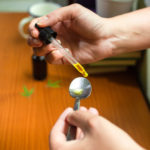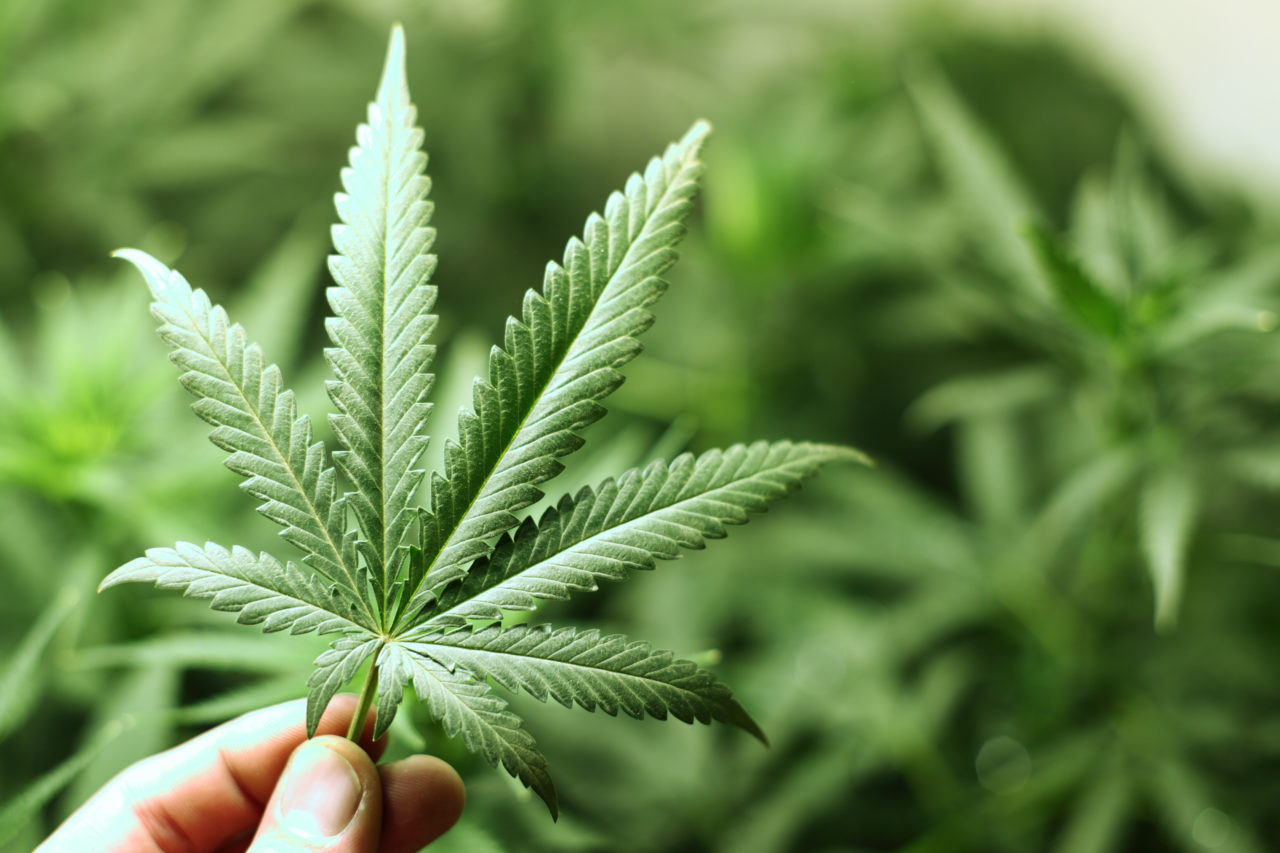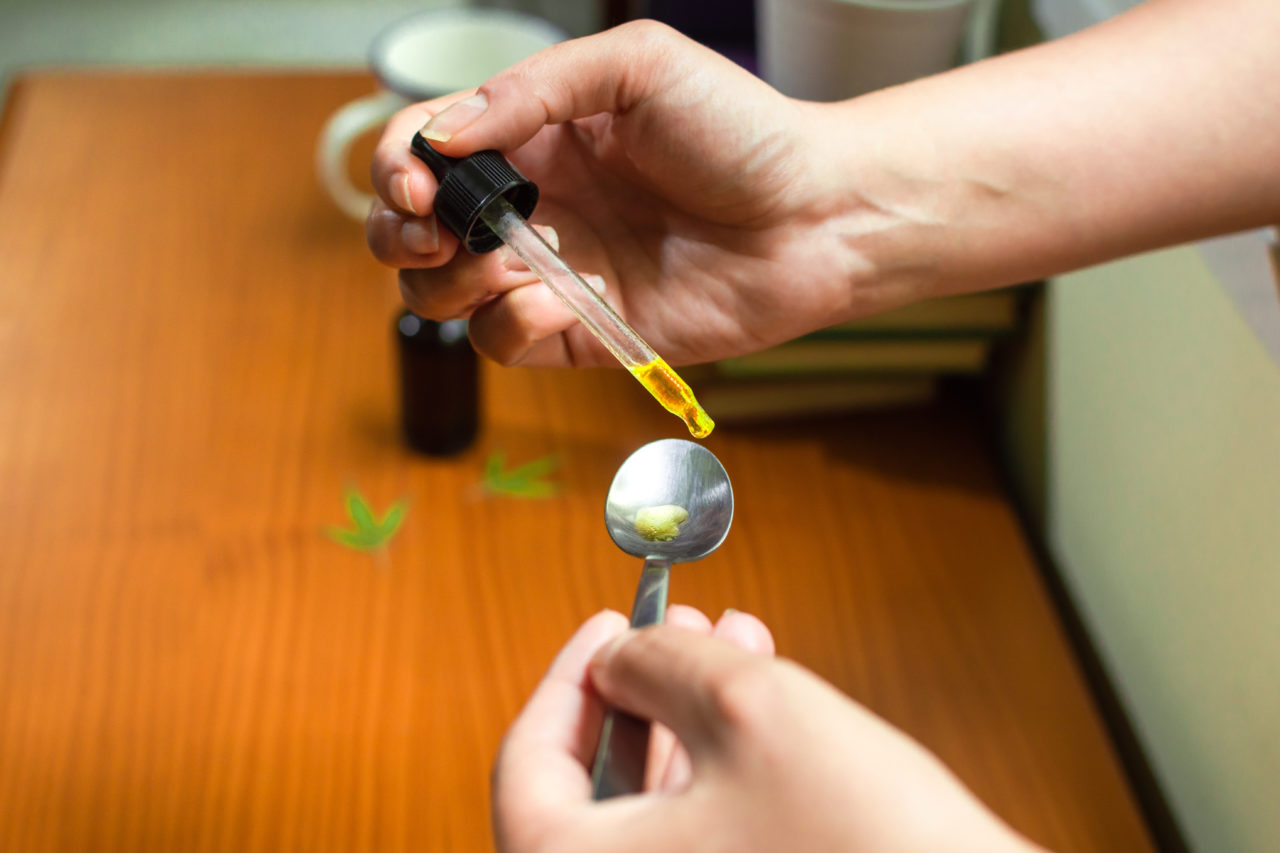Despite Utah now being more than a year into its medical cannabis program, plenty of questions remain. The Utah Medical Cannabis Act continues to evolve as lawmakers refine the program. This leads patients to wonder where they stand on a variety of legal issues. This includes the issue of drug testing.
We would hate to see you ignore medical cannabis’s ability to help with a qualifying condition based solely on drug testing fears. By the same token, we think it is important that you be informed about state law in regard to drug testing. There are some important things you need to know.
Drug Testing Is Allowed
The Utah Medical Cannabis Act requires government employers to treat medical cannabis patients the same way they would treat employees with legal opioid prescriptions. This is to say that such employees cannot be discriminated against unless their use of medical cannabis is inhibiting their performance or creating unsafe conditions.
As for private employers, they are allowed under state law to conduct drug testing that would indicate any cannabis use. They are also allowed to apply their existing anti-cannabis policies to workers testing positive. This is not to say that they automatically will, but they do have that right.
Testing for THC
Testing primarily focuses on THC, the cannabinoid in marijuana that produces the euphoric feelings. The presence of THC may concern some employers who do not feel they can tell whether or not cannabis use is interfering with workplace safety or work performance.
Some people use the term “medical marijuana” when referring to cannabis products high in THC and the term “hemp” when talking about CBD products low in THC (less than 0.3% by weight). These terms are outdated and we now refer to both of them as cannabis. Both medical marijuana and hemp are from cannabis plants and both can have enough THC to affect a drug screening. The higher the THC, the more likely it will show up on a test but any amount has the chance of being detected.
The challenge with THC is that it’s metabolites can show up on drug tests for weeks or months after use. THC itself is usually only measurable in the bloodstream for a few hours. But the body breaks THC down into metabolites. Those metabolites can show up in the blood, hair, saliva, and urine samples.
How long do the metabolites linger? That depends on the test:
- Blood – THC metabolites can remain in the bloodstream for up to two days. However, heavy users may test positive for up to a week after their last use.
- Saliva – THC remains in saliva for about an hour after use. Metabolites can remain in saliva for up to two days.
- Urine – A urine test can detect THC metabolites for a month or more. It depends on the frequency of use combined with other individual metabolic factors.
- Hair – THC metabolites do not make it to the hair for about a week after use. But once there, they can remain anywhere from 90 days to several years.
Note that the likelihood of testing positive is affected by your own unique metabolism, frequency of use, and your normal dosage. If you are concerned about workplace screening and you have questions about THC, do not hesitate to speak to your pharmacist about it. Your pharmacist should be able to answer most of your questions.
Things May Change in the Future
We published this post in hopes of setting your mind at ease by giving you factual information. As a reminder, private employers are allowed to test for THC. If an employee tests positive, the employer may legally apply its anti-drug policies to the situation. Things may change at some point in the future. For now, though, workplace testing is something you may have to deal with. Research your employer’s drug screening policies so you don’t get caught off gaurd.




